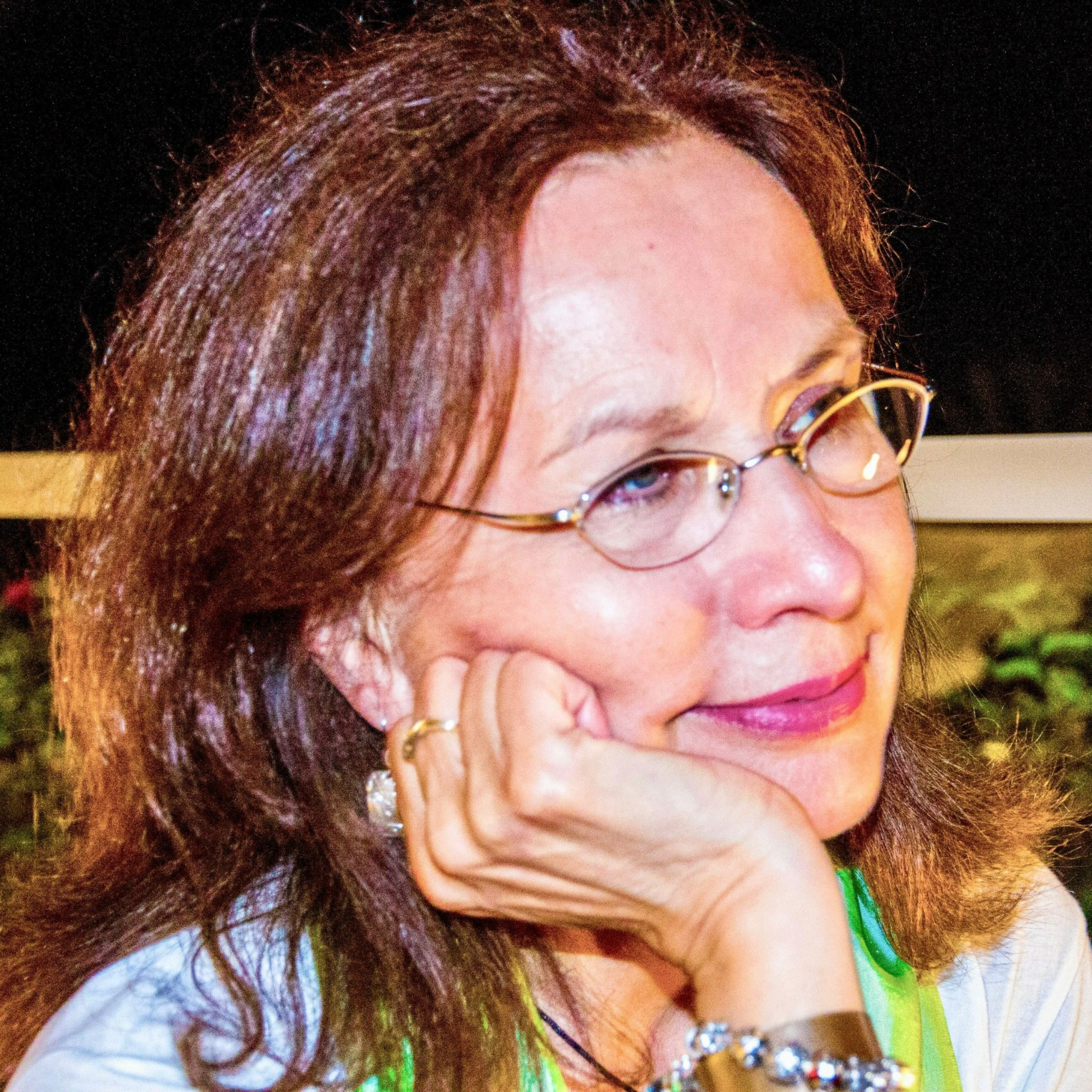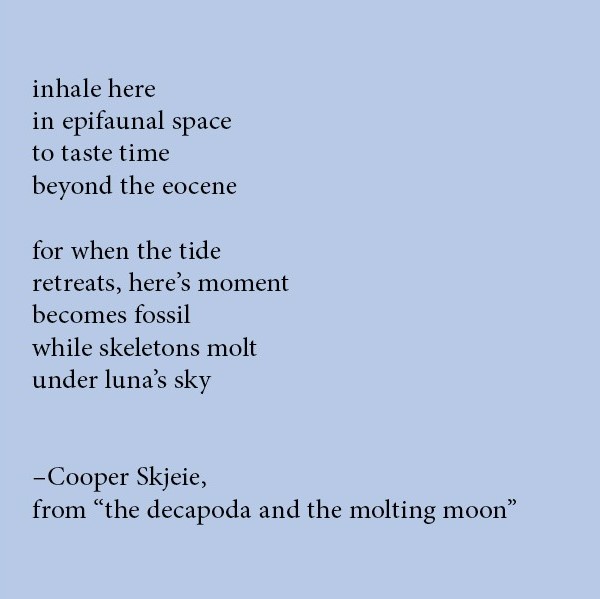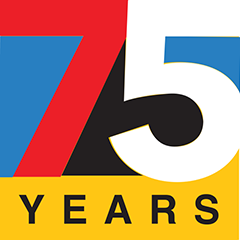
Photo credit: None
Rita Bouvier
Rita Bouvier’s fourth book of poetry, a beautiful rebellion, which placed second in the 2021 John V. Hicks Long Manuscript Award (Saskatchewan Writers’ Guild), will be released by Thistledown Press in the spring of 2023. Rita’s poetry has appeared in literary journals and anthologies, musicals and television productions. Her work has been translated to Spanish, German and Cree-Michif of her home community of Sakitawak (Île-à-la-Crosse, Saskatchewan) situated in Treaty 10 on the historic trading and meeting grounds of Cree and Dene people.
Having served 37 years in public education as a classroom teacher and in various leadership capacities locally, nationally, and internationally, Rita has also contributed as researcher, editor and author to essays, reports and books on education, highlighting the experiences of Indigenous people. She continues to learn with and support the work of public institutions and various communities advancing decolonization, and truth & reconciliation.

Photo: Poem extract - 'the decapoda and the molting moon', Cooper Skjeie
Cooper Skjeie
Cooper Skjeie (/shay/) is a poet, educator, and consultant of mixed settler and Métis ancestry. He is a graduate of the Saskatchewan Urban Native Teacher Education Program and an alumnus of the Banff Centre’s Emerging Writers’ Intensive and the Sage Hill Poetry Course. His poem, “the decapoda and the molting moon,” won third place in the 2020 Short Grain Contest for Poetry, and he earned first place in the Saskatoon Indigenous Poets Society Slam Invitational that same year. Most recently, two of his poems were shortlisted for The Malahat Review’s 2023 Open Season Awards.
His work has received support from SK Arts and Canada Council for the Arts, and his poems appear in Prairie Fire Magazine, Grain Magazine, and PRISM international among others. He lives in Saskatoon.
“… a committed writer, doing all the right things to perfect his practice and his art” - Rita Bouvier
I nominate Cooper Skjeie. Cooper is a gifted emerging Métis poet from Saskatoon. He has kinship ties to the Métis communities of Duck Lake, Fish Creek, Prince Albert, Portage la Prairie, and St. Ambroise. He is also a descendant of German and Norwegian settlers. As an alumnus of the Banff Centre’s Emerging Writers Intensive, he was longlisted for the 2019 Pacific Poetry Prize, and his work appears in I am What Becomes of Broken Branch, the League of Canadian Poets 2020 Chapbook Series (of which I was a guest editor and the title is a line from Cooper’s poetry), Grain Magazine, PRISM International, and The Mamawi Project Zine.
As his bio attests, he is a committed writer, doing all the right things to perfect his practice and his art. I am currently working with Cooper in a mentor capacity with his first collection of poetry. For this collection, Cooper (in his own words) “draws upon and confronts his lived and familial experience to push against, bear witness to, and liberate the self from the violence of cognitive imperialism, sociopolitical condescension, and the intergenerational impacts of land theft, dispossession, and settler occupation on Métis land. Though often influenced by Métis history and the contentious relationship between Métis people and the Canadian state, the collection offers glimpses into and calls for a world(s) that function outside of settler-colonial logics, pushing towards a sovereign Métis future.”
He “employs lyric and visual poetry to cross through grief, racism, and the ambivalence of becoming amidst the displacement and rekindling of Métis identity within a settler-colonial Canada.” The poems speak to “larger systemic, societal, and ecological issues that reflect an incompatibility with the Canadian state, a collision of worldviews, and an ongoing misunderstanding and devaluation of the Métis as a legitimate Indigenous nation.”

